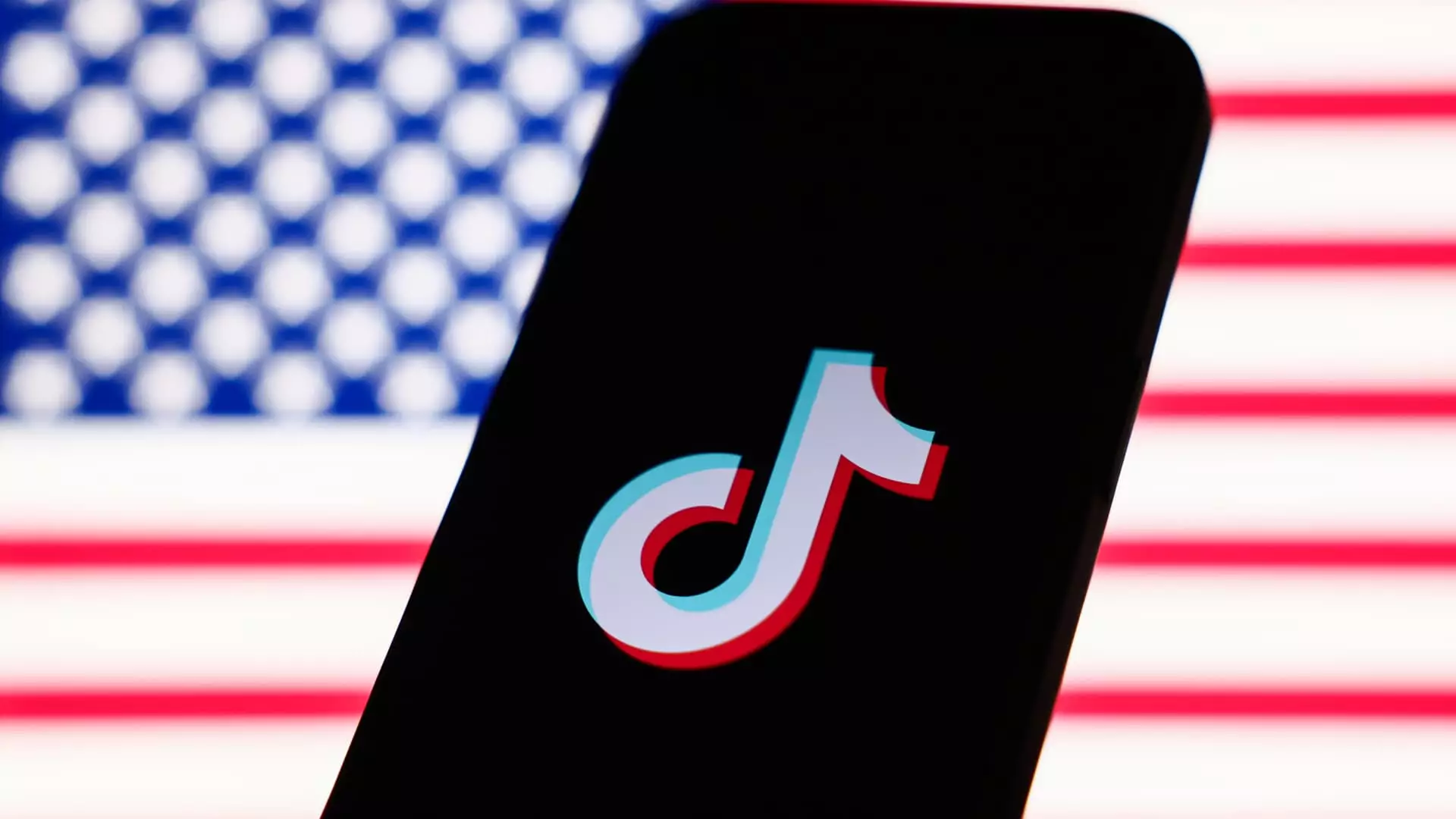In a dynamic landscape where technology and social media intersect, Perplexity AI has made headlines with its recent bid to merge with TikTok and its parent company, ByteDance. This maneuver, reported by CNBC, comes at a time when the generative AI sector is experiencing a substantial boom, and competitors like OpenAI and Google are aggressively advancing their own technologies. By proposing a merger rather than a conventional acquisition, Perplexity AI aims to maintain existing stakeholder interests while promoting a new satellite of innovation anchored in video content.
Perplexity AI, a fledgling player in the artificial intelligence space, began 2024 with a modest valuation of approximately $500 million. By year-end, its value surged to nearly $9 billion, underscoring the heightened investor interest surrounding AI technology. This remarkable growth can largely be attributed to the rising tide of generative AI applications, which have started to permeate various sectors, reshaping how users access and engage with information online. However, such rapid ascension also brings scrutiny; the startup has faced allegations of plagiarism, which could undermine its credibility in the long term. The fluctuating sentiment around the company highlights the volatile nature of tech startups in a competitive field.
The proposed merger introduces several layers of complexity to the digital ecosystem. As noted, AI-assisted search tools are emerging as a potential threat to traditional players like Google. The tech giant has responded by embedding AI tools into its search functionalities, demonstrating an awareness of the shifting paradigms in how information is consumed. The competition is intensifying, especially since OpenAI launched its SearchGPT and other functions that seek to streamline user experience. In this context, Perplexity’s bid is not merely a business move; it represents a strategic alignment aimed at reshaping consumer interactions with digital media.
The likelihood of this merger materializing involves various negotiating intricacies. TikTok has signaled that unless the Biden administration relieves apprehensions about potential penalties for service providers, the app may become unavailable in the U.S. The mounting pressure from governmental agencies adds another layer of urgency to Perplexity AI’s ambitions. Interestingly, former President Donald Trump noted that he might extend negotiations by 90 days following his inauguration, suggesting a possible window for resolution that could favor Perplexity’s initiatives.
ByteDance, for its part, has indicated a reluctance to divest TikTok, perceiving interest in retaining U.S. operations as critical to its overarching strategy. The proposal put forth by Perplexity AI cleverly navigates this dominant sentiment by framing the interaction as a merger, rather than a sale, allowing ByteDance’s investors to maintain their stakes. Observers estimate that a reasonable valuation for this merged entity could exceed $50 billion, although the exact figure will ultimately depend on the decisions made by ByteDance’s stakeholders.
Investors are closely watching the developments of this bid, understanding its potential to reposition both Perplexity AI and TikTok in the broader market. Should the merger succeed, it could help propel Perplexity AI into a prominent position within the tech landscape, further establishing AI-assisted solutions as a powerful alternative to existing platforms. The convergence of AI and social media could redefine user experiences, increasing engagement through enhanced video capabilities. This change would not only be pivotal for Perplexity but could also spark competitive responses from established entities seeking to consolidate their market positions.
Perplexity AI’s bid to merge with TikTok represents more than just a strategic business move; it is a calculated effort to intersect emerging AI technology with the engaging world of digital content. The unfolding dynamics will be crucial in determining how both organizations can adapt and thrive amidst shifting consumer preferences and regulatory pressures. As the market evolves, the outcome of this bid will likely act as a bellwether for future mergers and acquisitions in the tech sector, illustrating the ongoing battle for dominance in an ever-changing digital era.


Leave a Reply